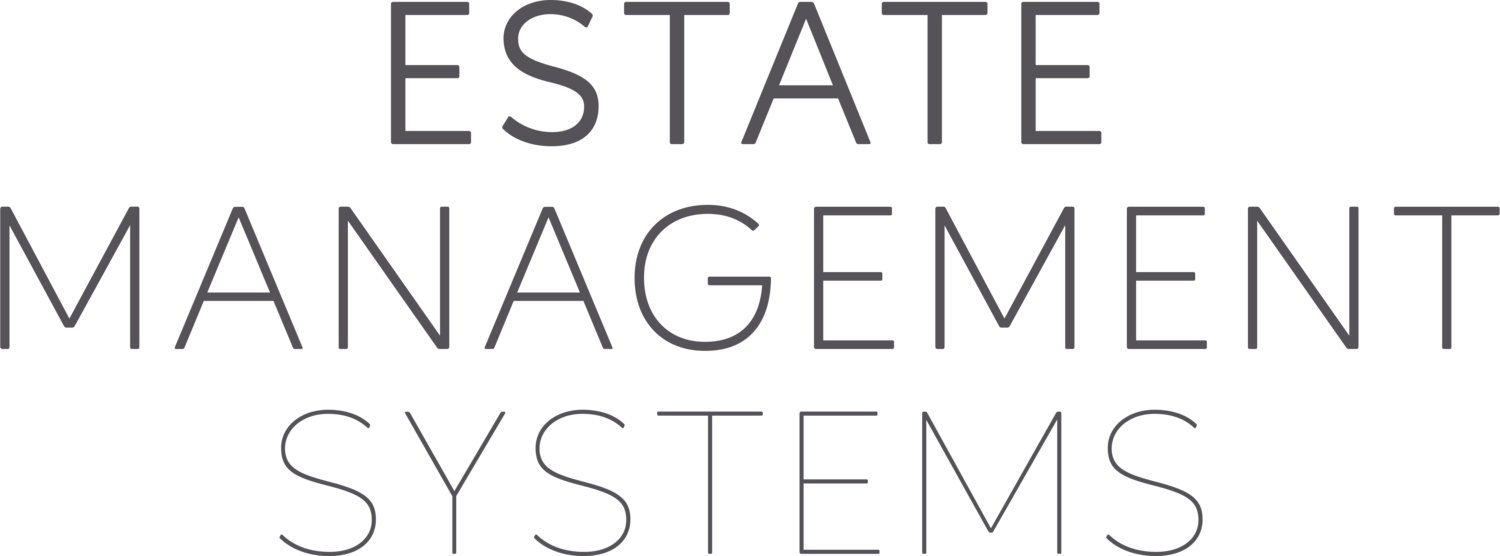Family Secrets and Household Staff
Source: Michael Slepian’s book The Secret of Keeping Secrets
I did a Coffee Talk about a month ago on what Private Service Professionals must do to keep their employer’s secrets secret. Today we’ll pivot the conversation and address the other side of the relationship – the principal’s responsibility to protect their personal and family’s privacy when they have household staff.
First, I want to acknowledge the impact of having someone work inside your home full-time. The negatives can often outweigh the positive aspects. Lack of privacy and security, elevated liability, and the energy needed to communicate your wants and needs adequately can become daunting. The level of detail another human needs to fulfill your requests and please you is astounding.
But when you find staff who fit the bill most days, a closeness and trusted relationship can often develop. And very often, boundaries are crossed. Someone has a bad day, and personal drama is shared. Or, there’s good news, and you can’t wait to share, although not everyone can know. And then there are the secrets that household staff run into accidentally – a financial statement left on a desk, an intimate text pops up on a shared device, a contentious conversation overheard. It happens at some point in every household. It’s why non-disclosure agreements are essential.
Staff understand the legal implications of these agreements; however, keeping your secrets and the gray area of non-disclosure agreements are the areas we’ll address here.
Why do we keep secrets?
We keep secrets to protect our reputation, our relationships, and someone's privacy – and to keep our jobs.
Why would someone want to burden you by telling you their secret?
They want:
To connect and deepen a relationship.
To vent, and they hope you won't judge them and will confidently hold their secret.
To come clean, and they’re hoping you’ll be their moral compass.
To test your loyalty.
There are about 38 types of secrets in four general categories:
Lies.
Sexual behavior.
Addictions.
Financial and money issues.
Categorized by:
Your secrets
Other people's secrets
Let’s drill down on these even further:
Fun secrets — things like a surprise birthday party, a pregnancy that hasn't been divulged, or a marriage proposal that hasn’t happened yet. Or maybe it’s a workplace secret, like someone getting a promotion or a bonus.
Benign secrets — your financial worth, a crush, or an admiration.
Dark (or toxic) secrets — these are secrets that change people’s lives (someone's getting fired, having an affair, or committing an illegal or immoral act), or worse, providing support to a substance abuser (purchasing alcohol or prescription meds…).
Dr. Michael Slepian does a great job of outlining these in his book.
But the aspect of keeping someone else’s secrets — that I couldn’t find any research on — is when your paycheck is tied to keeping your employer’s secrets.
Let me take this further – the trauma caused by constantly monitoring your thoughts, words, and actions to conceal your employer’s secret.
Here’s an example.
I often get asked to set up “Guest Profiles” on my client’s household management system. These profiles include personal products, food preferences, and how the house, closets, and nightstands are arranged before a visit.
Trauma.
Imagine an employer has asked their house manager to prepare for a girlfriend's visit. Imagine the level of professionalism that it takes to pull off a house set-up with short notice – knowing the implications of getting it wrong.
Next-level Trauma.
The guest leaves, and the spouse returns home. The house needs to be broken down and repositioned quickly. Done. Yet, the spouse suspects something’s off and presses the household staff for details.
Unimaginable Trauma.
Imagine being Jeffrey Epstein’s housekeeper.
The “see nothing, say nothing” clause in NDAs only goes far. Realize there are differences between privacy, security, a secret, a lie, and criminal acts. And in most states, NDAs won’t protect anyone if an illegal act has occurred.
But imagine that your paycheck, family’s housing, ability to work in this country, and children’s tuition depend on keeping a toxic secret.
This is the part of private service that should be discussed more.
The results of keeping toxic secrets
If an employer is constantly pressing staff with statements like, “What do you know?” and that staff must process their words and actions every second of every day to keep that secret, the results can be:
anxiety and depression
eating and sleeping disorders
addictions
Realize that your secrets – toxic or otherwise – have implications for others.
Protect your family’s privacy, security, and secrets in these ways
In addition to issuing NDAs, all principals must protect themselves and become more aware of protecting their family’s privacy when hiring household staff. Here are ways to safeguard sensitive information:
Get a safe for all critical and confidential documents: employee and financial records, wills, trusts, etc. Add cash, valuable jewelry and watches, and extra pharmaceuticals for safekeeping.
Diligently monitor your tech devices, eliminate pop-up notifications, and enable Touch ID and any additional privacy and security recommendations issued by your data provider.
Develop boundaries with sensitive conversations and conflict. Ask staff to leave the room or wait until after hours for these conversations.
Deepen a trusted staff relationship in other ways. You must conduct yourself like an employer if you pay others to serve you. Call a therapist, best friend, or sibling if you need a sympathetic ear. Realize that your staff will listen, smile, and provide support. They’ll say they’ll keep your secret. And then a tiny part of them will die inside, knowing they are now burdened with that information. Do not take that as loyalty or friendship. Take that as fear.
Remember, our friendly advice is provided to create long-term, sustainable, win-win principal and domestic staff relationships, and everyone should learn to do their part.

